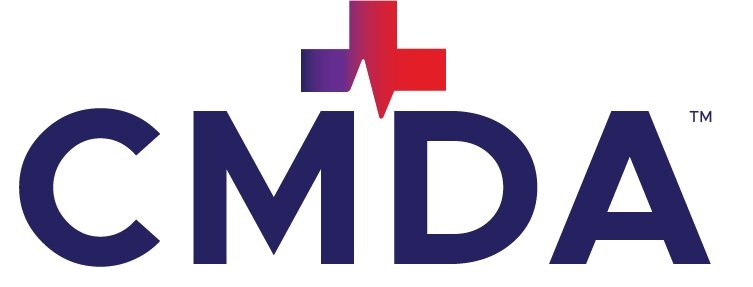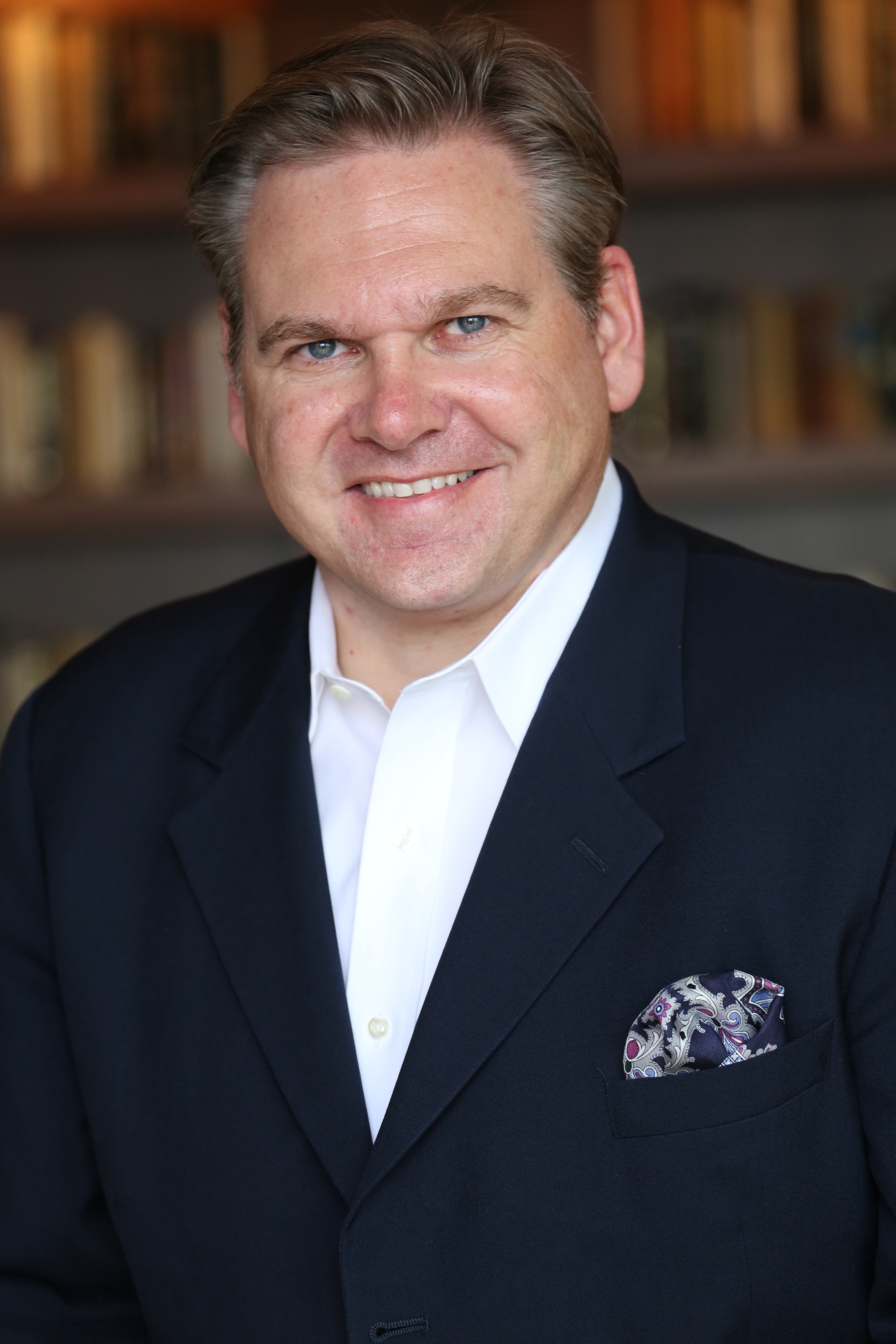As a medical professional, it’s likely that you were reminded early in your training of the late William Osler's famous maxim to “treat the patient, not the disease.” You may've heard it even before your choice to study medicine, and it prompted you to pursue it as a career.
One of the things that I like most about the Christian Medical & Dental Associations (CMDA) here in Atlanta is its ministry to you, the caregiver. With so many people around the world and in our own communities who need your expertise, knowledge and care, you know better than anyone how easy it is to neglect one's own well-being.
Osler's maxim is a great reminder to consider the whole person—the big picture. It serves to put things into perspective. You instinctively approach your patients this way, but what about when it comes to your own needs? Decisions about money never occur in isolation. In fact, they seem to affect nearly every facet of our lives. Given the important place that money occupies for us all, let’s consider this area in particular.
As you celebrate the Christmas season and reflect on the passing year, consider the following: Have you neglected some areas of your life? What about your health? Perhaps your most valued relationships? What about your finances? It's here that I'm reminded of a cautionary tale. A financial advisor has a physician for a client but is too quick to diagnose and prescribe so called "remedies" without fully considering the client’s bigger picture. Frustrated with the advisor's shortsighted approach, the doctor-as-client utters: “Treat me, not my portfolio!” Such a response undoubtedly invited some self-reflection about how best to treat a patient in the future.
Do you recall Matthew 23:4? Jesus spoke of the Pharisees placing heavy burdens on people’s shoulders, and they were not willing to lift a finger to help. Do you feel like your “burdens” are lighter or have they managed to increase somehow? Is there something missing that causes you constant worry? As we spend less time on those aspects that may profoundly improve the quality of our daily lives, perhaps there's a nagging sense that it's your portfolio getting the most attention. Maybe you even feel like you don’t want your financial advisor, CPA, or attorney meddling in other areas of your life. "Just manage the money, reduce my taxes, draft my documents, and keep me out of trouble," you think to yourself. It’s understandable, but do you really think that’s best?
Consider a fairly routine situation of a patient coming into your office. In this case they're overweight, eat poorly, drink too much, and don’t exercise. In spite of these details, they demand from you something to help them sleep. As a doctor do you prescribe the pills and simply send the patient on their way? Probably not. I'd imagine that you start by asking questions to treat the patient, not just their symptoms. Is it the patient who's neglected their health?It certainly seems so.
It’s understandable in this case that you may not have the luxury of time to expand the patient’s perspective in order to help them see the bigger picture of their decisions. But even if you somehow manage to do so, you still can’t make them listen and follow through. Consider again those areas of your own life that you've perhaps made less of a priority; are you approaching them in a similar way?
As you take stock of the bigger picture of your life during this Christmas season, please know that your well-being and relationships are your best and brightest assets. Your portfolio is nothing more than a resource. When it comes to seeing our medical professionals as those in need of ministry, CMDA is really on to something. We need you. Who’s helping to remove your burdens?
Guest post by Ed Kerns, a friend, ministry partner and supporter of CMDA Atlanta. Ed Kerns’ desire to help others have better financial experiences by focusing on their whole life stems from his time working with the Halftime® organization prior to becoming an advisor. His firm, Kerns Wealth Management, LLC is an independent firm with practice areas focusing on corporate retirement plans as well as a unique emphasis in working with professional women and their families. Ed’s often asked what qualifies him to work with women so he points to the many workshops and focus groups he’s conducted as well as his recent completion of interviewing 100 professional women. He jokingly likes to say it’s because he does what few men ever do – he asks for directions.


